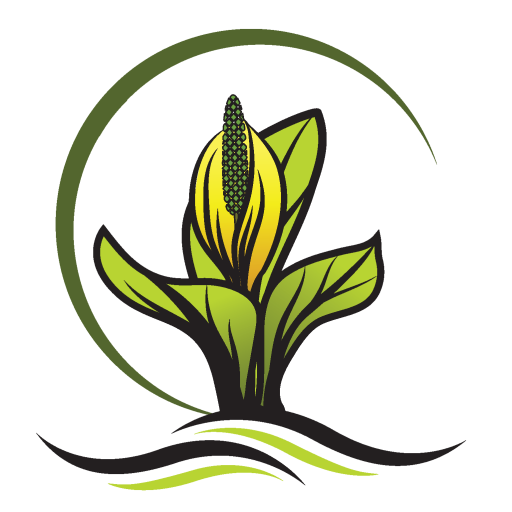Taxonomy
- Family Name: Verbenaceae
- Botanical Name: Verbena officinalis
- Common Name: Vervain, european vervain, holywort, Juno’s tears, mosquito plant, official vervain, pigeon’s grass, turkey grass, wild hyssop, wild verbena, holy herb
Description
Verbena officinalis, commonly known as vervain, is a perennial herb that can be identified by its upright, branching structure, and hairy, toothed, oblong leaves. It blooms in late summer with small spikes of tiny pale purple flowers. It can be easily propagated by seed, cuttings, and root stock division.
Verbena is an ancient medicinal plant with extensive use, such as for the treatment of inflammatory disorders, skin burns, abrasions, gastric diseases, fever, colds, headache, and many other ailments. It has been used in herbal medicine since at least the fourth century.
Toxicity
Verbena officinalis can be toxic in high doses.
References:
301104201_Verbena_officinalis_vervain
Synonyms:
Verbena adulterina, Verbena domingensis, Verbena macrostachya, Verbena riparia, Verbena rumelica, Verbena spuria, Verbena vulgaris
Disclaimer: Vancouver Island Master Gardeners Association (VIMGA) does not advise or recommend herbs for medicinal or health use. Any information in the recommended resources should be regarded as being for educational purposes only and should not be considered as a recommendation or an endorsement of any medical or health treatment.


Photo: Jane Kerr
Text: Veronica Wills
